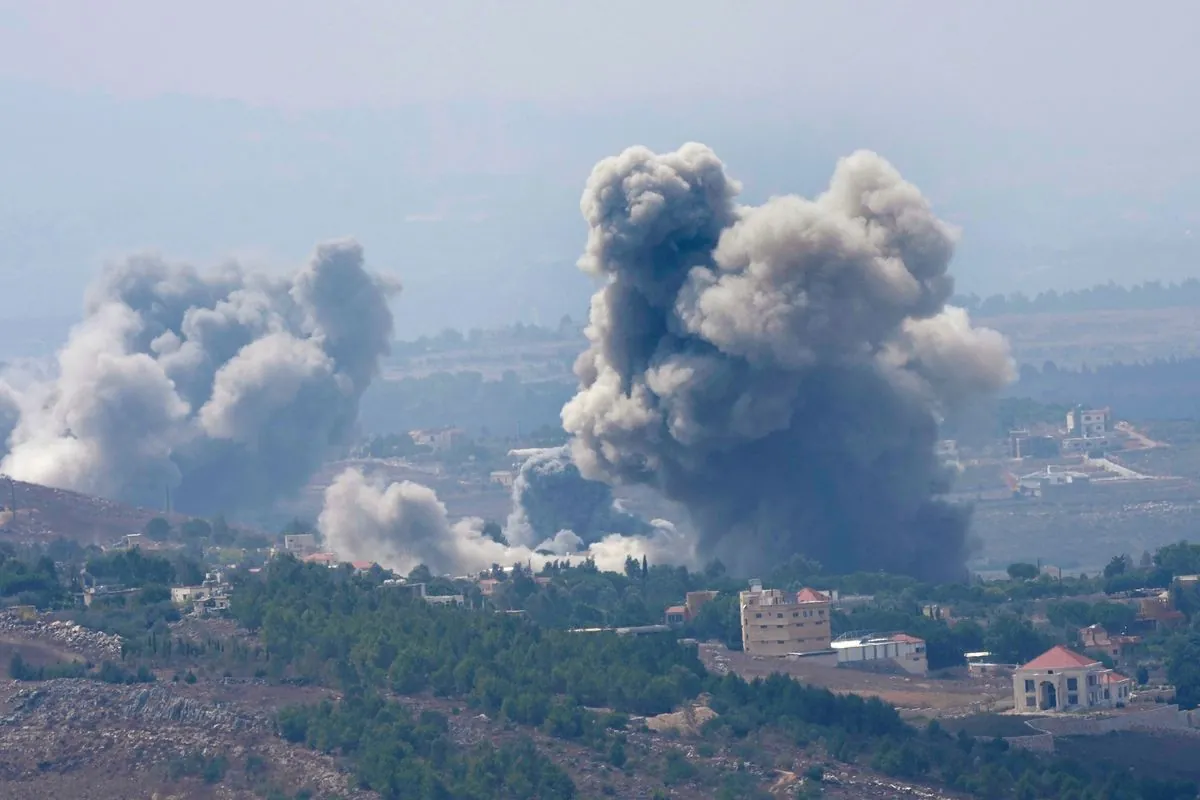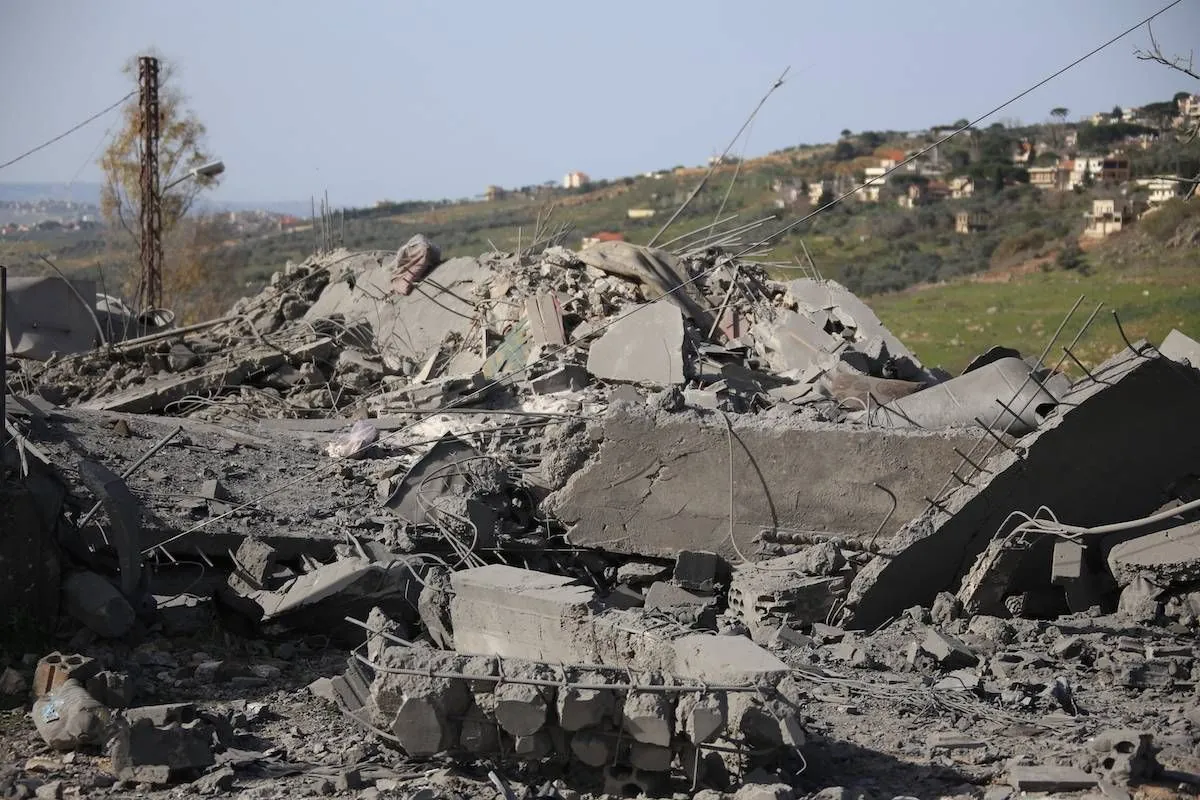Israel Intensifies Strikes on Hezbollah, Lebanon Faces Deadliest Day in Decades
Israel launches massive airstrikes against Hezbollah in Lebanon, resulting in nearly 500 casualties. Hezbollah retaliates with rocket attacks on Israeli military targets, escalating the conflict.

On September 24, 2024, the Israeli military conducted extensive airstrikes against Hezbollah targets in Lebanon, marking a significant escalation in the ongoing conflict. This operation followed a previous day's bombardment, which resulted in Lebanon's deadliest day in decades.
Hezbollah, a Shia Islamist political party and militant group founded in 1985, retaliated by launching attacks on several Israeli military targets. The group claimed to have struck an explosives factory 60 km inside Israel using their Fadi series of rockets, as well as targeting the Megiddo airfield multiple times overnight.
This escalation comes as Israel shifts its focus from the nearly year-long conflict with Hamas in Gaza to its northern frontier. Hezbollah, which receives significant support from Iran, has been firing rockets into Israel in solidarity with Hamas since hostilities flared in October 2023.
The Israeli military reported striking numerous Hezbollah targets, including militant cells, artillery positions, and infrastructure across southern Lebanon. The operation involved approximately 1,600 airstrikes in the region, including the Bekaa Valley.

The human cost of this escalation has been severe. Lebanese authorities reported that the Israeli airstrikes on September 23 resulted in nearly 500 casualties, including 35 children, and wounded over 1,600 people. This toll represents Lebanon's highest daily casualty count since the 1975-1990 civil war.
"89 temporary shelters in schools and other facilities had been set up, with the capacity for more than 26,000 people as civilians fled Israeli atrocities."
The conflict has forced tens of thousands of Lebanese civilians to flee their homes, creating a humanitarian crisis. Highways leading north were congested with families evacuating the affected areas, carrying their belongings in various vehicles.
It's worth noting that Hezbollah maintains a complex relationship with the Lebanese government and military. The group has a significant presence in Lebanese politics and operates extensive social services, including schools and hospitals. However, it is considered a terrorist organization by several countries and organizations.
The current escalation is reminiscent of previous conflicts between Israel and Hezbollah, particularly the 2006 Lebanon War. Since then, Hezbollah's military capabilities have grown significantly, with the group estimated to have tens of thousands of fighters and a large arsenal of rockets and missiles.
As the situation unfolds, the international community watches closely. Hezbollah's involvement in conflicts beyond Lebanon's borders, including in Syria and Iraq, and its strengthened relationship with Hamas in recent years, add layers of complexity to the regional dynamics.
The ongoing conflict raises concerns about the potential for further escalation and its impact on civilian populations. As both sides continue to exchange fire, the prospect of a peaceful resolution remains uncertain.


































